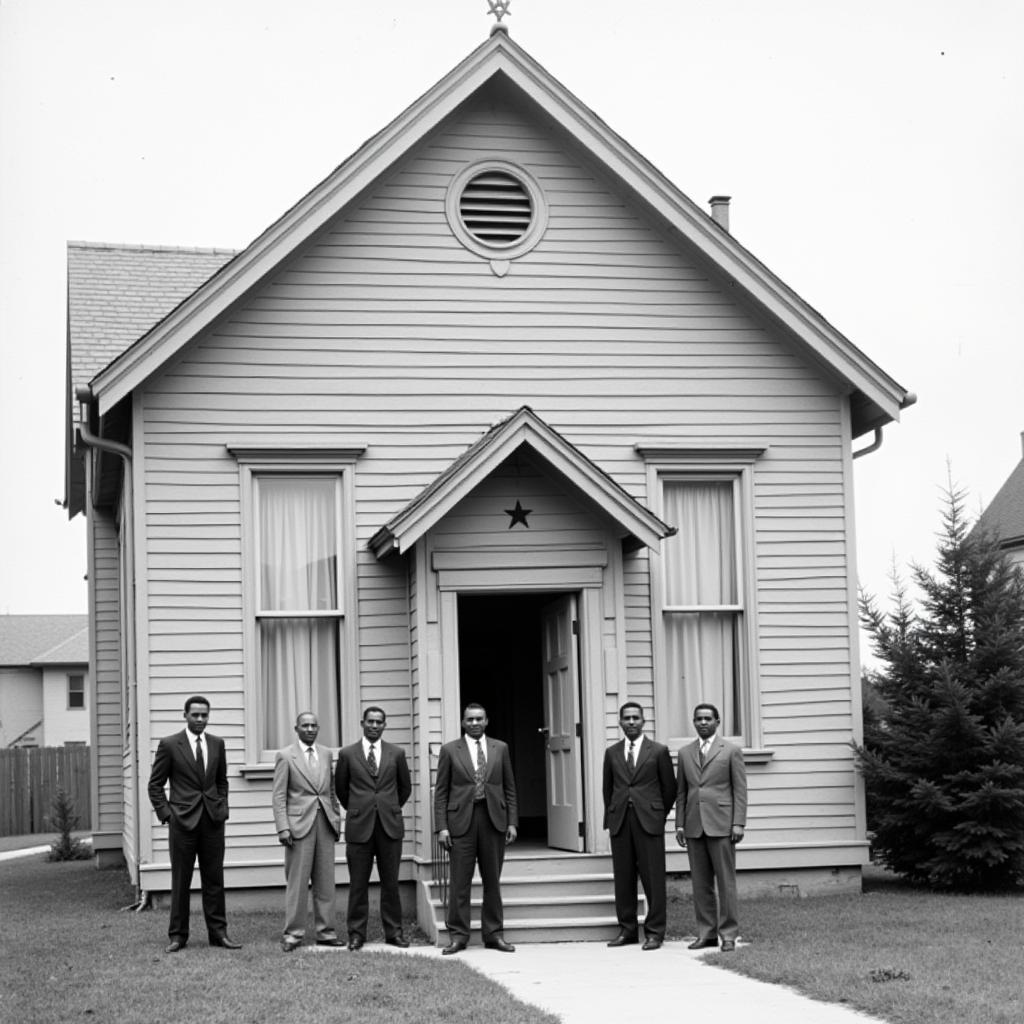Understanding the African Commission on Human Rights
The African Commission On Human Rights (ACHPR) plays a crucial role in promoting and protecting human rights across the African continent. Established in 1987, the ACHPR operates under the African Charter on Human and Peoples’ Rights, a landmark document that outlines fundamental rights and freedoms for all individuals within the African Union member states. The Commission serves as a vital mechanism for monitoring human rights situations, investigating alleged violations, and providing redress to victims.
The Mandate and Functions of the African Commission on Human Rights
The ACHPR’s mandate is multifaceted, encompassing a range of activities aimed at advancing the human rights agenda in Africa. Its primary functions include:
- Protection: Investigating complaints of human rights violations brought by individuals or organizations against state parties to the African Charter.
- Promotion: Educating and raising awareness about human rights throughout Africa.
- Interpretation: Providing authoritative interpretations of the provisions of the African Charter.
- Special Mechanisms: Utilizing special rapporteurs and working groups to address specific thematic human rights concerns such as the rights of women, children, and indigenous populations.
- State Reporting: Reviewing periodic reports submitted by state parties on their human rights performance.
The ACHPR’s work is essential in holding governments accountable and fostering a culture of respect for human rights.
African Commission on Human and Peoples’ Rights
How Does the African Commission on Human Rights Operate?
The ACHPR undertakes its work through various procedures and mechanisms. Individuals and NGOs can submit communications alleging human rights violations. The Commission then assesses these communications and may engage with the state concerned to seek clarification or initiate investigations. The ACHPR also conducts on-site visits to countries to gather first-hand information about human rights situations. Furthermore, it organizes promotional activities like conferences, workshops, and publications to disseminate information and educate the public about human rights.
Challenges Faced by the African Commission on Human Rights
Despite its significant contributions, the ACHPR faces several challenges:
- Limited Resources: The Commission operates with a relatively small budget, which can hinder its effectiveness in conducting investigations and implementing its mandate fully.
- Lack of Enforcement Power: While the ACHPR can issue recommendations and decisions, it lacks direct enforcement powers. Its effectiveness relies on the cooperation of state parties.
- Political Interference: In some cases, the ACHPR’s work may face political interference from states reluctant to be scrutinized on their human rights records.
- Accessibility: Reaching marginalized communities and ensuring their access to the Commission’s mechanisms can be challenging.
Overcoming these challenges is vital to strengthening the ACHPR’s ability to protect and promote human rights effectively.
The Impact of the African Commission on Human Rights
Despite the challenges, the ACHPR has made significant strides in advancing human rights in Africa. It has played a critical role in raising awareness about human rights violations, holding states accountable, and providing redress to victims. The Commission’s work has contributed to the development of jurisprudence on human rights in Africa and has helped to shape regional and international human rights norms.
African Commission on Human and Peoples’ Rights Regional Organizations
What is the future of the African Commission on Human Rights?
The future of the ACHPR lies in its ability to adapt to the changing human rights landscape in Africa and address the emerging challenges. Strengthening its investigative capacity, enhancing its engagement with civil society organizations, and fostering greater cooperation with state parties are crucial for the Commission’s continued effectiveness.
Case Law and the African Commission
Understanding the African Commission’s case law is vital for anyone researching human rights in Africa. The rulings and decisions of the commission contribute to the evolving understanding of the African Charter. Access to this information is critical for legal professionals, academics, and human rights activists.
African Commission on Human and Peoples Rights Case Law
In conclusion, the African Commission on Human Rights plays a pivotal role in upholding human rights in Africa. Addressing the challenges it faces and ensuring adequate resources and support are essential for the Commission to continue its vital work in promoting and protecting the rights of all Africans. The African Commission on Human Rights remains a beacon of hope for the realization of human rights across the continent.
FAQ
- What is the African Charter on Human and Peoples’ Rights?
- How can I submit a complaint to the African Commission on Human Rights?
- What are the powers of the African Commission on Human Rights?
- Who are the members of the African Commission on Human Rights?
- What is the relationship between the African Commission on Human Rights and the African Court on Human and Peoples’ Rights?
- How does the ACHPR engage with civil society organizations?
- What are some notable achievements of the African Commission on Human Rights?
When you need assistance, please contact Phone: +255768904061, Email: kaka.mag@gmail.com Or visit our address: Mbarali DC Mawindi, Kangaga, Tanzania. We have a 24/7 customer care team.



